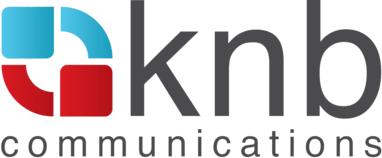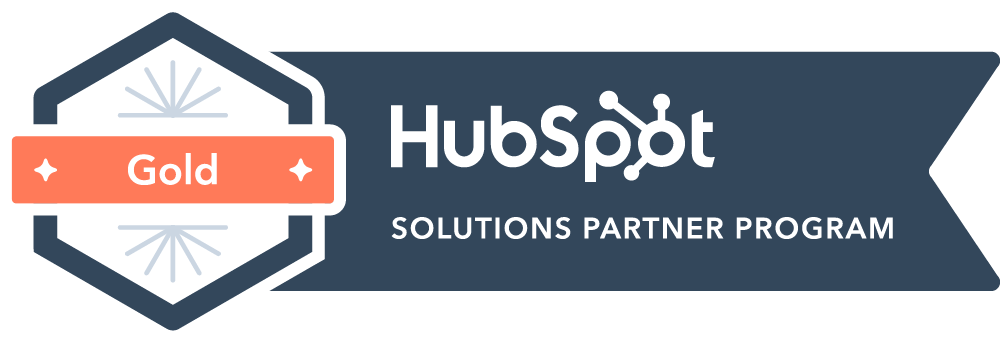Home | BLOG | Google’s August 2024 core update: NEW best practices to maximize domain authority and SEO for life sciences + health tech blogs + website content
Google’s August 2024 core update: NEW best practices to maximize domain authority and SEO for life sciences + health tech blogs + website content
Table of contents
With Google’s August 2024 core update, it's a great time to revisit your SEO strategy, especially in highly competitive fields like life sciences and health tech. This update, which completed on September 3, 2024, prioritizes user-centric content and integrates AI tools like Search Labs to emphasize answering questions directly. Optimizing your blog for SEO under these new guidelines is essential for building domain authority and staying visible in search results.
Choose the right keywords: focus on long-tail and question-based phrases
In niche fields such as life sciences and health tech, targeting broad keywords isn’t nearly as effective as using long-tail keywords and question-based phrases. Google’s Search Labs now prioritizes content that answers specific questions, making it essential for your blog to target natural language queries.
Best practices:
- Use question-based keywords: Tailor your content to answer natural language searches like "what is predictive analytics in healthcare?" or "how can ai improve diagnostic accuracy?"
- Embed keywords early: Include your target keyword in the first 100 words of your blog to optimize for SEO.
Example keywords:
- “ai for clinical trials”
- “how to improve telehealth experiences”
How to make user-centric content: answer questions directly
Google’s August 2024 core update focuses heavily on user-first content, which means your blog needs to directly address user questions. AI-driven tools like Search Labs prioritize answers that are helpful and clear.
Best practices:
- Answer questions concisely: In each section, address common questions relevant to your niche. For example, start with a question like “how does predictive analytics improve patient care?” and provide a straightforward answer.
- Use bullet points and lists: Break up text with bullet points to improve readability and increase your chances of being featured in Google’s snippets.
- Write for people first, algorithms second: While SEO is important, avoid creating content purely for SEO. Google is emphasizing helpful, original content that puts the user’s needs first.
Example question-based section: "How does predictive analytics help hospitals? Predictive analytics tools in healthcare allow hospitals to forecast patient needs, optimize resource allocation, and reduce costs by 20%."
Why is it important to use internal linking and keyword-rich anchor text?
Internal linking is a powerful tool to boost your blog’s SEO, but it’s important to use keyword-rich anchor text instead of generic phrases like “click here.”
Best practices:
- Use keyword-focused anchor text: If you’re linking to a page on AI diagnostics, don’t use “click here to learn more.” Instead, say “discover more about AI diagnostics in healthcare.”
- Interlink cornerstone content: Direct readers to key pieces on your site to boost SEO for more comprehensive articles, like “the future of personalized medicine.”
Example: "For a deeper dive into how AI is shaping healthcare, read our comprehensive guide on AI in drug discovery."
Why should I optimize for mobile and site speed?
As Google continues to prioritize mobile-first indexing, it's essential to ensure your blog is optimized for mobile devices. Page speed also plays a crucial role in SEO rankings.
Best practices:
- Ensure mobile optimization: Use responsive design so your blog is fully accessible on any device.
- Improve loading speed: Compress large images and use Google’s PageSpeed Insights to optimize your site's performance.
With Google integrating more AI tools like Search Labs, AI-driven searches are now more contextually personalized. Using AI-powered content tools can help improve your blog’s structure, keyword targeting, and overall content quality.
AI in search and content generation
With Google integrating more AI tools like Search Labs, AI-driven searches are now more contextually personalized. Using AI-powered content tools can help improve your blog’s structure, keyword targeting, and overall content quality.
Best practices:
- Leverage AI for keyword research: Use AI tools to find trending search terms and queries that align with your content.
- Utilize AI for content generation: AI can help draft content that you can refine, ensuring your blog remains both relevant and efficient to produce.
Structure content for featured snippets
With Google's Search Labs emphasizing question-based content, your blog structure plays a key role in landing a featured snippet position.
Best practices:
- Use clear headings that answer common questions: For example, a section heading like “What is AI’s role in diagnostics?” sets up your blog for visibility in question-based searches.
- Incorporate bullet points and tables: Google often pulls information for snippets from lists and tables that organize data or answers.
Meta data optimization
Your meta titles and descriptions are key for attracting clicks. Make sure they’re optimized for both SEO and user engagement.
Best practices:
- Keep titles under 60 characters and descriptions under 160 characters.
- Include primary keywords in both the title and description, and make them engaging.
Example meta title: “How AI is transforming personalized medicine | Health tech insights”
Example meta description: “Learn how AI is revolutionizing diagnostics and personalized medicine in healthcare. Discover cutting-edge tech trends driving patient outcomes.”
Conclusion: staying ahead post-August 2024
The August 2024 core update solidifies Google's shift toward rewarding user-first, helpful content. In competitive fields like life sciences and health tech, following these SEO strategies will help improve your domain authority and keep you ranking high. Focus on delivering high-value content, optimize for mobile and AI-driven searches, and structure your blog to cater to Google’s evolving search priorities.
AI disclosure: I conceptualized the ideas and tips for this blog, providing my key insights and data to the AI. The AI was then used to generate an initial draft, which I thoroughly reviewed and edited to ensure it aligned with my vision and accuracy requirements.

Named one of the Top Women in Health IT to Know (2024) and Women Power Players to Watch (2022) by Becker's Hospital Reivew and Marketing Person of the Year by Health IT Marketing Community (2021), Beth Cooper, JD / MBA is the VP of Marketing and Sales of a multi-award winning top 10 Healthcare Marketing Agency. Over her accomplished career spanning two decades, Cooper has been the driving force behind numerous groundbreaking strategies, transforming businesses into market leaders and propelling their growth trajectories to uncharted heights. She is a strong advocate for the marriage of creative innovation with data-driven insights and leverages cutting-edge tools and methodologies to ensure the successful execution of global, paradigm-shifting omnichannel campaigns.
Search

KNBe in the know
Subscribe to our newsletter for the latest news + trends in healthcare marketing + PR.

Focus on delivering high-value content, optimize for mobile and AI-driven searches, and structure your blog to cater to Google’s evolving search priorities.




.svg)
.svg)




